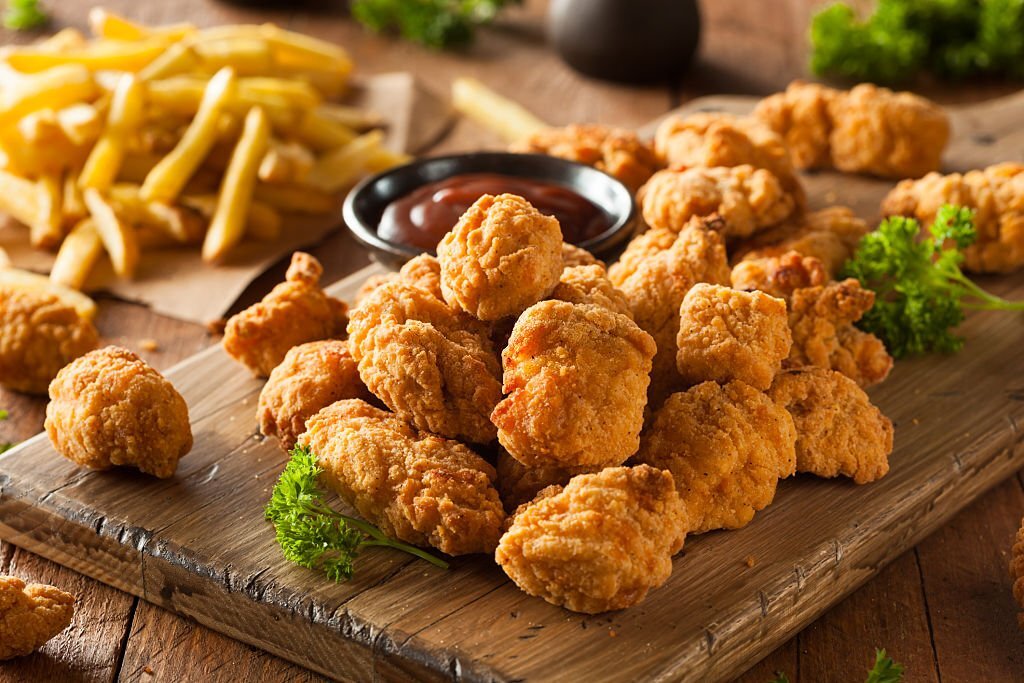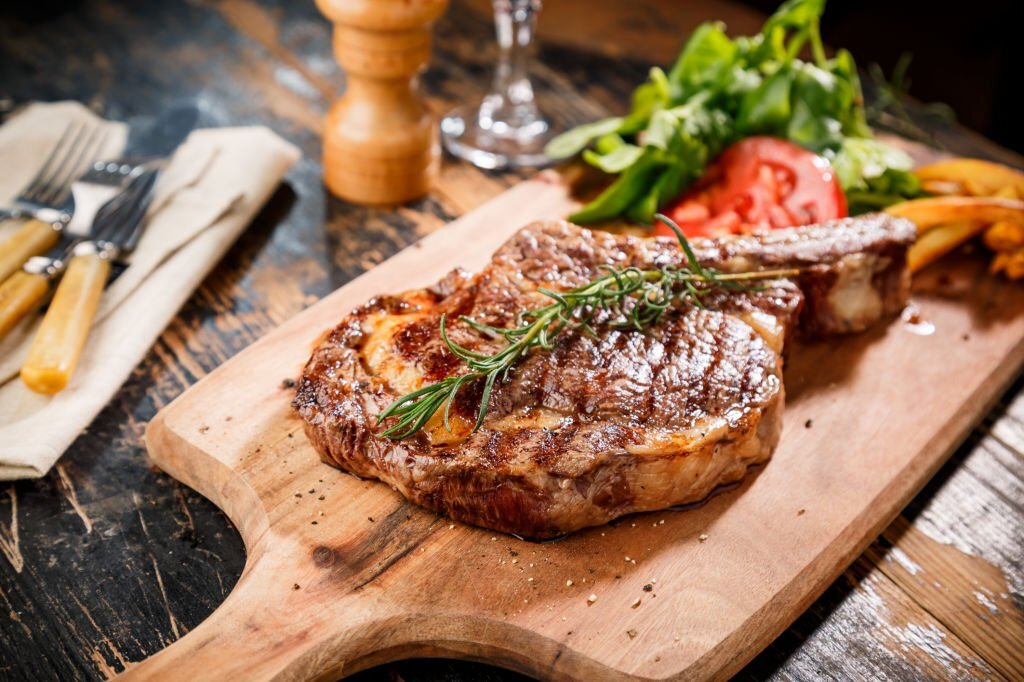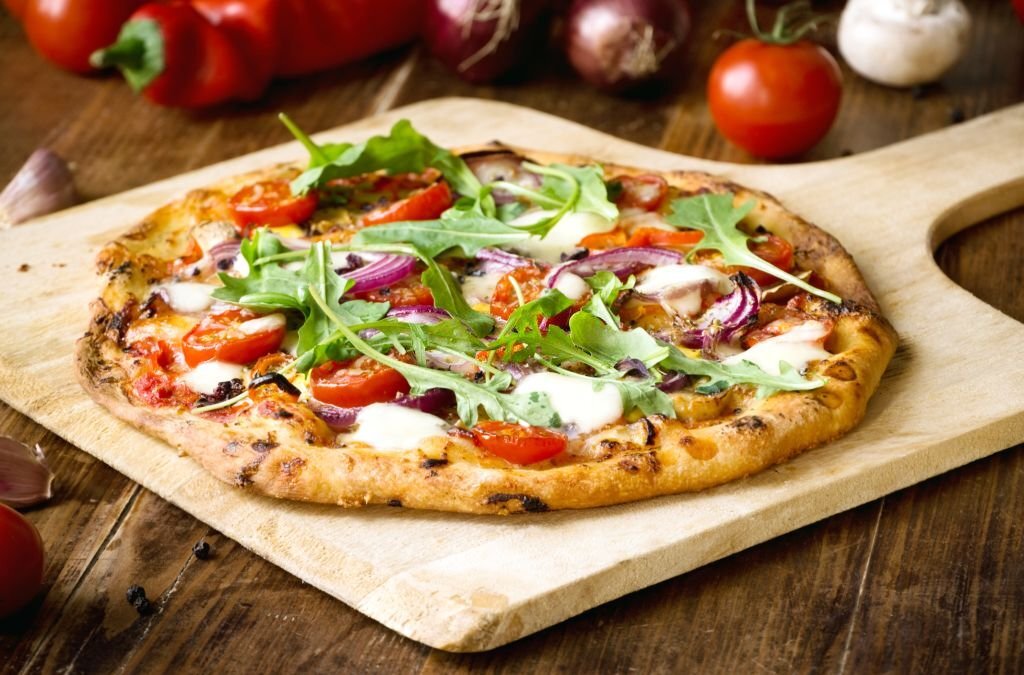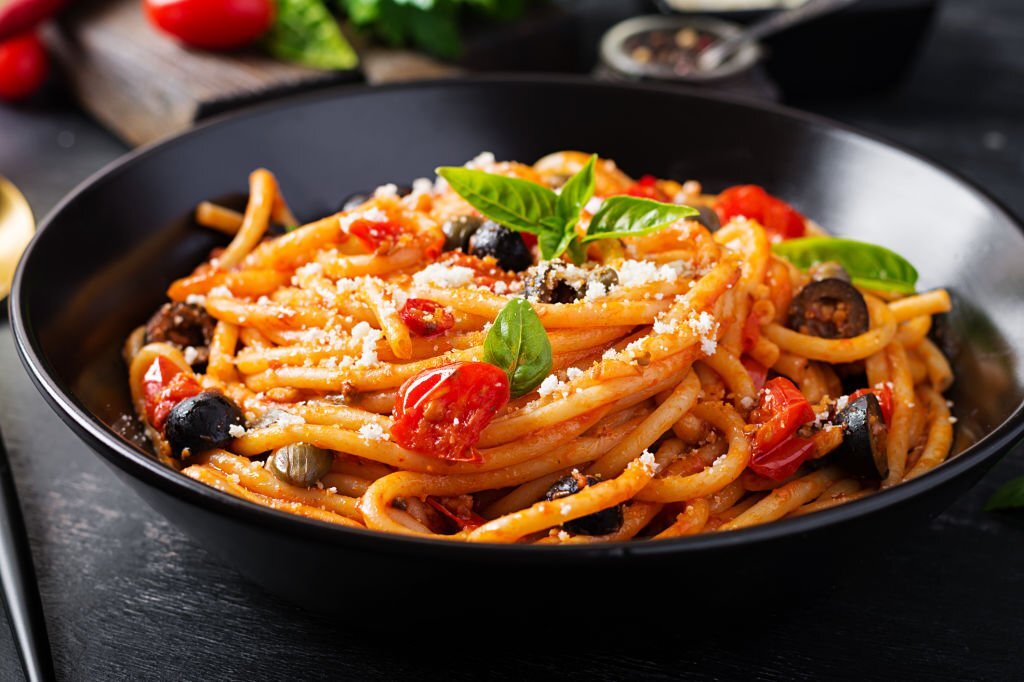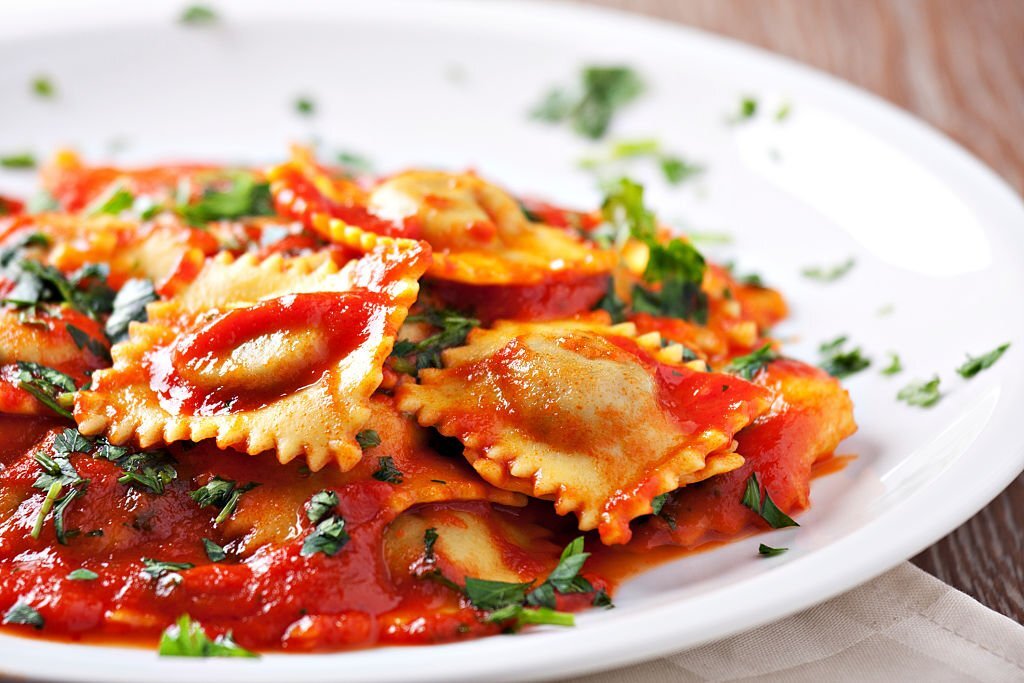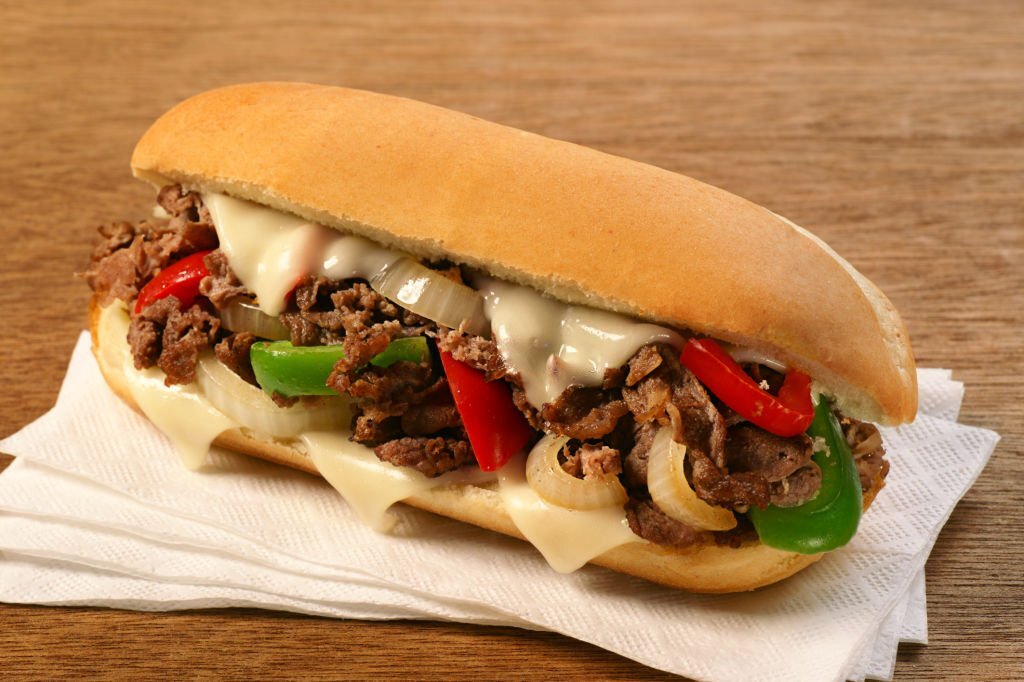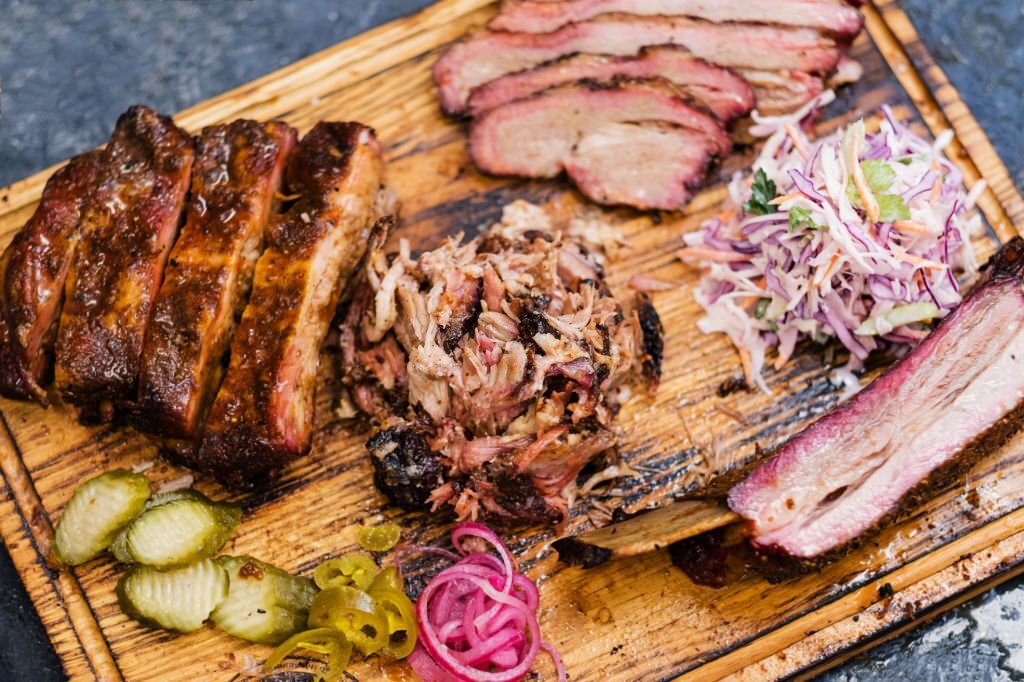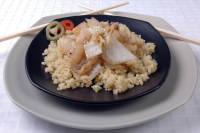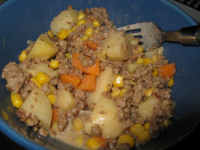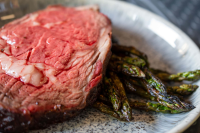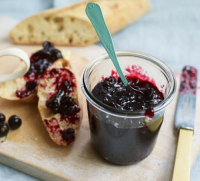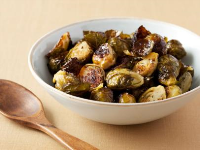More about "what is the only non essential vitamin recipes"
A LIST OF ESSENTIAL & NONESSENTIAL VITAMINS | LIVESTRONG.COM
Essential Vitamins. According to the U.S. National Library of Medicine, there are at least 13 essential vitamins. This list includes vitamins A, C, D, E, K, B1, B2, B3, B6, B12, pantothenic acid, biotin and folic acid. These "essential" vitamins are further divided into water-soluble and fat-soluble vitamins.
From livestrong.com
From livestrong.com
See details
SIMPLE LIST OF NONESSENTIAL AND ESSENTIAL VITAMINS AND ...
Sep 10, 2016 · This list includes essential and nonessential micronutrients. Refer to your doctor to determine exactly how much of each vitamin and mineral you need in your diet. Vitamins (Essential Vitamins are Starred) * Vitamin A (Retinol) The Vitamin B Complex: * Vitamin B1 (Thiamine) * Vitamin B2 (Riboflavin) * Vitamin B3 (Niacin, Niacinamide) * Vitamin B5 (Pantothenate, Pantothenic Acid) * Vitamin B6 ...
From nutritioncarnival.com
From nutritioncarnival.com
See details
WHAT IS AN EXAMPLE OF A NON-ESSENTIAL VITAMIN? - QUORA
Answer (1 of 6): An essential nutrient is one that the body cannot make or make enough of to support the growth, repair & maintenance of tissue. Also, when it is removed from the diet, specific deficiency symptoms develop that are reversed when the nutrient is added back to the diet. Vitamins we...
From quora.com
From quora.com
See details
TOP 3 NON-ESSENTIAL NUTRIENTS THAT ARE ACTUALLY PRETTY ...
From happybodyformula.com
See details
ESSENTIAL VS NONESSENTIAL NUTRIENTS - HRF
Essential and non essential nutrients make up all of the vitamins, acids, fats, and minerals that a living body needs to be healthy. The way we create or obtain the correct amount of each is very different, as well as which particular nutrients fit into which category. Essentially Everything About Essential Nutrients 1. Basics Essential …
From healthresearchfunding.org
From healthresearchfunding.org
See details
WHICH VITAMINS & MINERALS DO YOU NEED? - PHD
Sep 29, 2020 · The only way your body can get an essential nutrient is if you consume that exact nutrient in food or supplement form. “Non-essential” nutrients can be synthesised by the body, so you don’t necessarily need to get them directly from food or supplements. WHAT ARE ESSENTIAL VITAMINS
From phd.com
From phd.com
See details
WHAT IS THE DIFFERENCE BETWEEN ESSENTIAL AND NONESSENTIAL ...
Feb 11, 2019 · On the other hand, vitamins and minerals are the two essential types of micronutrients to the body. Vitamin A, B, C, E, and K are essential vitamins and vitamin D can be a conditionally essential vitamin which becomes essential under certain conditions. Also, water becomes an essential nutrient which is important for maintaining homeostasis.
From pediaa.com
From pediaa.com
See details
13 ESSENTIAL VITAMINS—AND HOW TO GET ENOUGH OF THEM IN ...
Apr 07, 2020 · Vitamin B12 is the only water-soluble vitamin that is stored in the liver. The best way to get enough of the 13 essential vitamins is to eat a balanced diet from a variety of foods. (This MIND Diet meal plan is a great place to start.) Here is a guide to why you need each essential vitamin—and the best food sources from which to obtain them.
From readersdigest.ca
From readersdigest.ca
See details
ESSENTIAL VS NONESSENTIAL NUTRIENTS - HRF
Essential and non essential nutrients make up all of the vitamins, acids, fats, and minerals that a living body needs to be healthy. The way we create or obtain the correct amount of each is very different, as well as which particular nutrients fit into which category. Essentially Everything About Essential Nutrients 1. Basics Essential …
From healthresearchfunding.org
From healthresearchfunding.org
See details
ESSENTIAL VS NONESSENTIAL AMINO ACIDS: HOW TO DIFFERENTIATE
May 06, 2021 · Essential amino acids are used for a wide range of important functions. For example, essential amino acids are often used to build muscle and to build other key bodily tissues, including organ cells, skin cells through collagen formation. Typically, an adult body needs about 0.5 g of protein per pound of lean body weight each and every day.
From drlivingood.com
From drlivingood.com
See details
NONESSENTIAL AMINO ACID - AN OVERVIEW | SCIENCEDIRECT TOPICS
Serine is non-essential amino acid supplied from food or synthesized by the body from a number of metabolites, including glycine. Serine is found in soybeans, nuts (especially peanuts, almonds, and walnuts), eggs, chickpeas, lentils, meat, and fish (especially shellfish). Serine is produced by the body when insufficient amounts are ingested.
From sciencedirect.com
From sciencedirect.com
See details
WHAT IS A NUTRIVORE? - THE PALEO MOM
Sep 23, 2021 · What makes the concept of Nutrivore so revolutionary? Despite the long-established Recommended Daily Intake of essential nutrients and increasing awareness of the importance of non-essential nutrients (like CoQ10 and polyphenols), no mainstream diet has ever integrated the concept of nutrient sufficiency, meaning we get all of the essential and non-essential nutrients our bodies need to thrive ...
From thepaleomom.com
From thepaleomom.com
See details
11 ESSENTIAL VITAMINS AND MINERALS YOUR BODY NEEDS - GOODNET
Oct 30, 2013 · 1. VITAMIN A. GOOD FOR: Healthy eyes and general growth and development, including healthy teeth and skin. NATURAL SOURCE: Carrots and other orange foods including sweet potato and cantaloupe melons – all of which get their hue from the carotene pigment. (5 second Studio / Shutterstock.com) 2. B VITAMINS.
From goodnet.org
From goodnet.org
See details
WHAT ARE SUPPLEMENTS?
Non-essential vitamins are ones your body can manufacture, though the list is rather short: biotin, vitamin D and vitamin K. In contrast, there are 13 essential vitamins, which your body cannot produce sufficiently on its own. These must be obtained through diet and/or supplements.
From vitacost.com
From vitacost.com
See details
ALANINE: NON-ESSENTIAL AMINO ACID - NUTRITION AND DIET 2021
Alanine: non-essential amino acid. If we take into account that the proteins they are macromolecules composed mainly of hydrogen, oxygen, nitrogen and carbon (although the great majority also contain phosphorus and sulfur), being formed by the union of several amino acids by peptides; the amino acids they are the elementary constituent units of these macromolecules.
From en.nature-via.com
From en.nature-via.com
See details
WHAT IS SPIRULINA - SUPERFOOD - GANDALF SPIRULINA
Spirulina has between 55 and 70% protein (more than beef, chicken, and soybeans), 8 essential and 10 non-essential amino acids, as well as high levels of gamma-linolenic acid (GLA), beta-carotene, linoleic acid, arachidonic acid, vitamin B12, iron, calcium, phosphorus, nucleic acids RNA & DNA, chlorophyll, and phycocyanin, a pigment-protein ...
From spirulinegandalf.com
From spirulinegandalf.com
See details
HOW MANY ESSENTIALS AMINO ACIDS (EAAS) ARE THERE ...
Jan 12, 2021 · The 9 essential amino acids are leucine, iso-leucine, valine (all BCAAs), lysine, histidine, phenylalanine, methionine, threonine, and tryptophan. Essentials amino acids are important because they serve as the "building blocks" for muscle protein. They are also are what makes a protein a "complete" protein. The best EAA product is BrickHouse ...
From brickhousenutrition.com
From brickhousenutrition.com
See details
ANIMAL NUTRITION TEST 1 FLASHCARDS | QUIZLET
A) Antoine Jamison. B) Antoine Lavosier. C) Jeb Lavosier. D) Antoine Licorice. Antoine Lavosier. A non-essential nutrient is different than an essential nutrient because: A) It is made in large enough quantities in the body to support life processes. B) It is required in the diet. C) Not made in great enough quantities in the body.
From quizlet.com
From quizlet.com
See details
WHAT IS VITAMIN A AND WHY DO WE NEED IT?
Vitamin A, along with other vitamins, minerals and other compounds, is an essential micronutrient. This means that our bodies cannot manufacture it and therefore it has to be included in our diet. Vitamin A from food is stored in the liver until required by the body and is bound to protein before being transported to where it is needed.
From ncbi.nlm.nih.gov
From ncbi.nlm.nih.gov
See details
FOODS THAT HELP WITH COLLAGEN SYNTHESIS | WOMAN&HOME
Dec 08, 2021 · Proline: Non-essential, but necessary for wound healing and healthy skin tissue Glycine: Also non-essential, but necessary for tendon repair, restful sleep and balanced blood sugar Lysine: An essential amino acid, meaning it can’t be produced by the body. It is necessary for the synthesis of connective tissues and promotes bone growth
From womanandhomemagazine.co.za
From womanandhomemagazine.co.za
See details
HUEL REVIEW: WE PUT THE SHAKES, BARS AND POWDERS TO THE ...
Dec 09, 2021 · They've got all the essential vitamins and minerals, some non-essential ones, some phytonutrients, essential fats, both omega 3 and omega 6 - one thing I'm particularly proud of is the high level of omega 3s that we've got - fibre, essential amino acids, slow-release carbs and complete proteins.
From closeronline.co.uk
From closeronline.co.uk
See details
THE HEALTH BENEFITS OF SQUASH – DAILY JUICE CAFE
The most important squash nutrients are vitamin A, vitamin C and potassium. Most squash varietals contain plenty of these three in a 1-cup serving, and they are all essential nutrients. Essential nutrients cannot be manufactured by our bodies. The Importance of Squash Nutrients. Vitamin A (Beta Carotene) is essential to eye health.
From dailyjuicecafe.com
From dailyjuicecafe.com
See details






